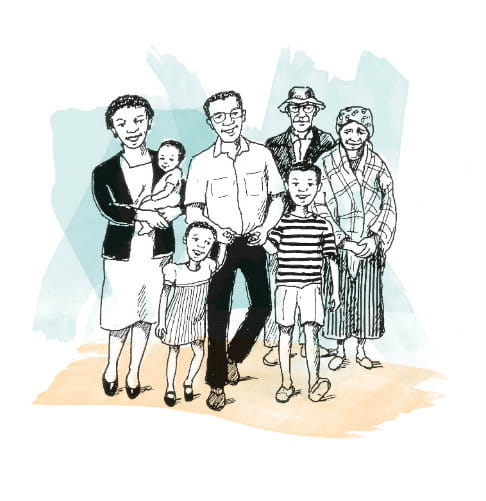Is God really asking his people to close down their worship services? Is he really saying that prayer is pointless?
It is not that God is against offerings: he commanded them. It is not that God has no interest in prayer: he started the conversation. It is not that God does not enjoy festivals: he invented them.
But none of these things is at the heart of worship. God does not make it complicated. In fact, in the following two verses (Isaiah 1:16-17), he clearly summarises genuine worship in six short headlines:
1. Stop doing wrong.
2. Learn to do right.
3. Seek justice.
4. Defend the oppressed.
5. Take up the cause of the fatherless.
6. Plead the case of the widow.
This is the kind of worship that God wants from his people. God would rather we shut down our services than carry on with them while neglecting these six headlines.
Most churches are quite good at teaching headline number one, ‘Stop doing wrong.’ Some churches are not bad at teaching headline number two either, ‘Learn to do right.’ But often numbers three to six are not given much attention.
I would particularly love the church to rediscover this kind of worship by addressing headline number 5, ‘Take up the cause of the fatherless.’ We live in a broken world, where there are millions of orphans. Some of these children are in our own communities. But Christians and churches are beginning to discover the depth of true worship that comes when we obey God’s call to defend their cause. In my work for the charity Home for Good, I hear many stories of Christians who offer a home to a vulnerable child – and find that they are the ones who are being blessed and transformed.
Around the world, more and more countries are recognising that the best place for vulnerable children to flourish is not in institutions such as orphanages or children’s villages, but in families. We know that God ‘sets the lonely in families’ (Psalm 68:6) and that ‘Religion that our God and Father accepts as pure and faultless is this: to look after orphans and widows in their distress’ (James 1:27). Family worship takes on a whole new meaning as we open up our homes to vulnerable people in response to God’s love and grace in our lives.
Of course God does not hate Christmas. Let us not forget that, in the Christmas story, God displays his Father heart for our world. He entrusts his son to the care of Mary and Joseph so that he can make a way to adopt us into his family. Let us give God the worship that our gospel demands. Let us discover what it means to take up the cause of the fatherless.










